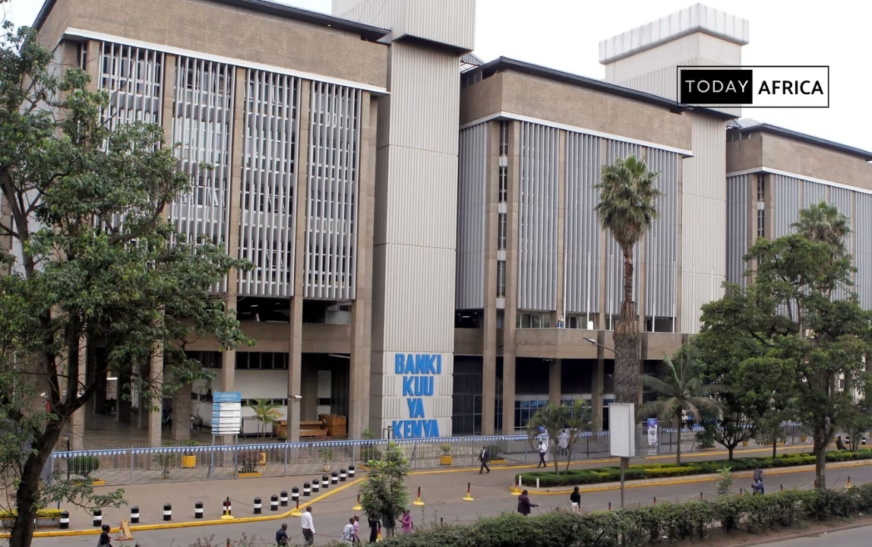Kenya enforces new law to bring crypto firms under the Central Bank’s watch for the first time.
The Virtual Asset Service Providers Act 2025, gazetted on October 21 and effective from November 4, grants the Central Bank of Kenya (CBK) and the Capital Markets Authority (CMA) the power to license and supervise companies handling digital assets.
Both regulators issued a joint notice on November 18 that no firm is licensed yet, pending new regulations from the National Treasury, which will define how licensing and compliance will work.
The Act makes crypto firms legally accountable for preventing money-laundering and terrorism-financing activities. It also introduces fit-and-proper checks for directors, customer-verification rules, and mandatory reporting of suspicious transactions.
The move ends years of uncertainty for Kenya’s crypto scene, where exchanges operated in a grey zone.
It follows concerns raised at the country’s 16th Financial Sector Regulators Forum about dependence on unregulated third-party tech providers and the growing use of virtual assets in illicit finance.
Analysts say the law could finally open the door to institutional participation in Kenya’s $20 million-a-day crypto market by giving banks and investors a clearer framework.
Read Also: IHS Towers records $268m revenue in Nigeria in Q3 2025
It also grants CBK and CMA new enforcement powers, enabling them to investigate and shut down operators that violate the rules.
Kenya joins South Africa and Nigeria in regulating digital-asset platforms, signalling that African markets are moving from warnings to enforcement. The coming months will show how quickly Kenya can move from law to licences, and how many crypto players survive the transition.
Leave a comment and follow us on social media for more tips:
- Facebook: Today Africa
- Instagram: Today Africa
- Twitter: Today Africa
- LinkedIn: Today Africa
- YouTube: Today Africa Studio
















